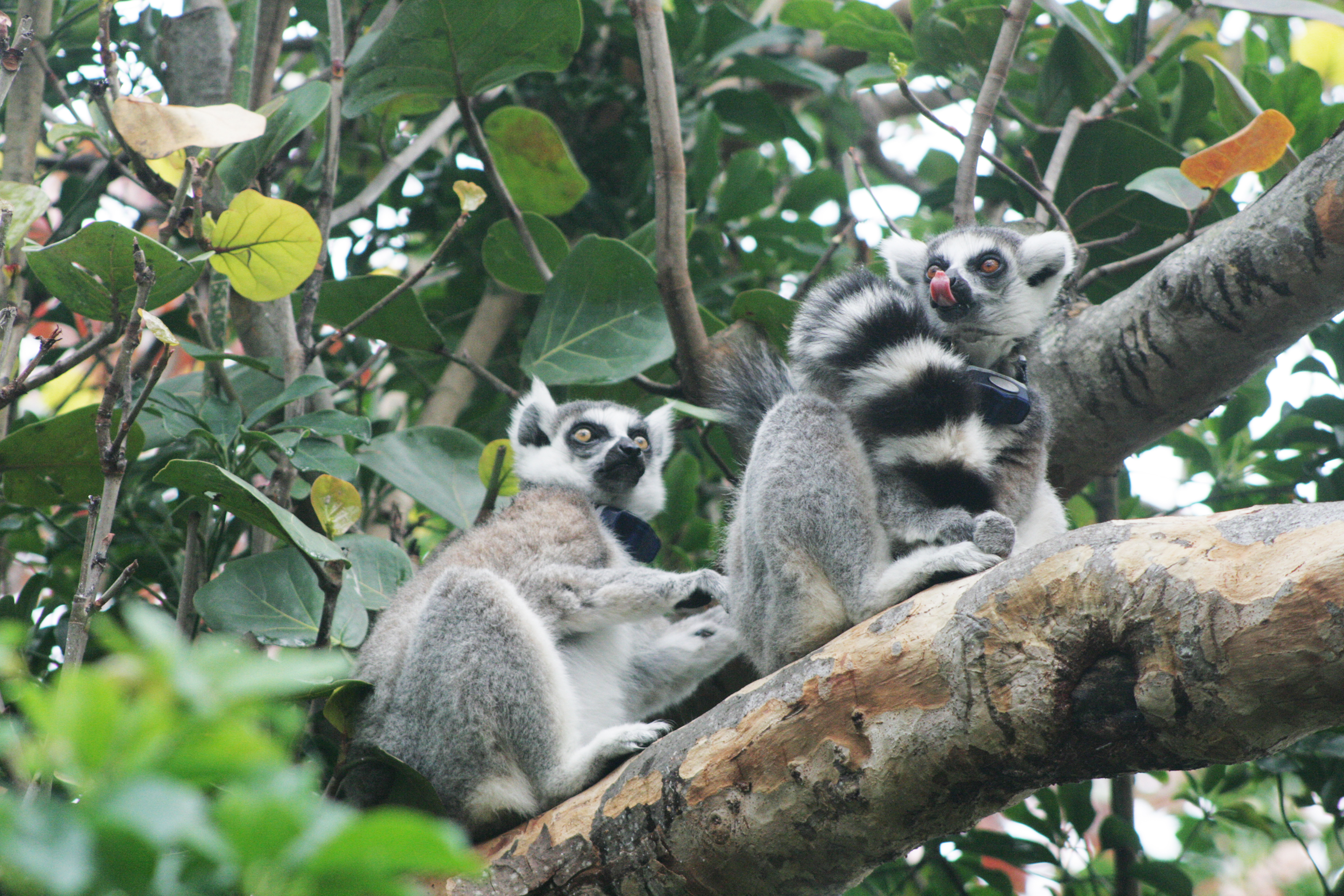Recent News
Bermuda Youth Sign Sargasso Sea DeclarationTuesday, March 18, 2014
Bermuda’s young people are setting the example for environmental awareness and conservation by signing a declaration to protect the Sargasso Sea.
Students will highlight Sargasso Sea at conference
Thursday, March 13, 2014
More than 80 Island schoolchildren are taking part in the biennial Bermuda Zoological Society’s (BZS) Youth Conference this week.
Protecting The Sargasso Sea Youth Conference
Thursday, March 13, 2014
The Bermuda Zoological Society’s [BZS] biennial Youth Conference is a two-day programme for middle and secondary students who have demonstrated interest and leadership in conservation and the environment.
Cahow Fossils Excavated In Southampton
Monday, March 10, 2014
The most recent newsletter of the Bermuda Zoological Society outlined the recent excavation of Cahow fossils in Southampton.
Romance Brews Between Tawny Frogmouths
Monday, February 10, 2014
Two Tawny Frogmouths who make their home at the Bermuda Aquarium, Museum and Zoo [BAMZ] started spending some “special time” together and an egg appeared, however unfortunately the egg is not viable.
About
GovernanceAbout Us
Newsletter
Latest News
Gift & Bookstore
Contact
General Inquiries
info@bzs.bm
Latest News
All the latest updates and news from the Bermuda Aquarium, Museum, and Zoo, one of Bermuda's leading visitor attractions!

The residents of the Bermuda Aquarium Museum and Zoo have not received Covid-19 vaccinations, but that could change as research continues.
Ian Walker, principle curator at BAMZ, confirmed that while some larger zoos in the United States have been working with a vaccine manufacturer to test a potential vaccine on a variety of species, no such vaccinations have been performed at BAMZ.
Dr Walker said: “It is my understanding that the United States Department of Agriculture has approved this vaccine for experimental use on a case-by-case basis in the United States only.”
He added that the number of species known to contract Covid-19 – and show symptoms of the virus – is still growing.
Dr Walker said: “The number of species of animals that are known to become infected, including showing symptoms, with this virus are growing.
“This is why we have taken the strict precautions we have at BAMZ from the start of the pandemic. These precautions help to protect our staff, animals and our visitors.
“We will continue to follow the science, work with our partners and will vaccinate the appropriate animal populations when a vaccine has been approved and we can gain access to it.”
The US-based Centres for Disease Control said that “companion animals” such as cats and dogs, along with several other species, have been able to contract the virus.
The CDC said: “There have been reports of animals infected with the virus worldwide. Most of these animals became infected after contact with people with Covid-19.”
Along with a small number of pets, zoo animals including lions, tigers, pumas, cougars, snow leopards and gorillas have tested positive for Covid-19 after showing signs of illness.
Minks at farms in several countries have also been shown to contract the virus, with mink to human spread of Covid-19 reported in the Netherlands, Denmark and Poland.
Recent experimental research has shown that many other mammals, including bank voles, ferrets, fruit bats, hamsters, pigs, rabbits, racoon dogs, tree shrews and white-tailed deer can be infected with the virus.


